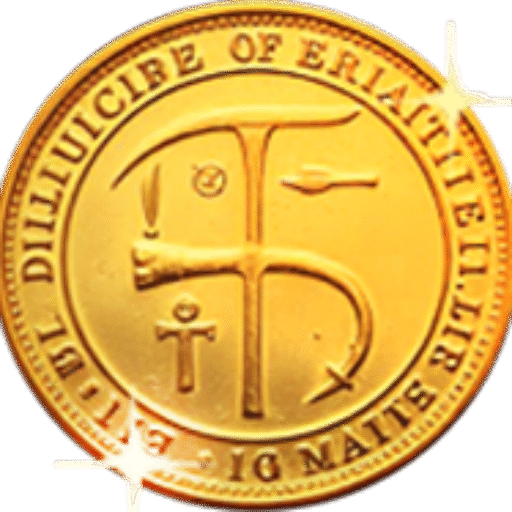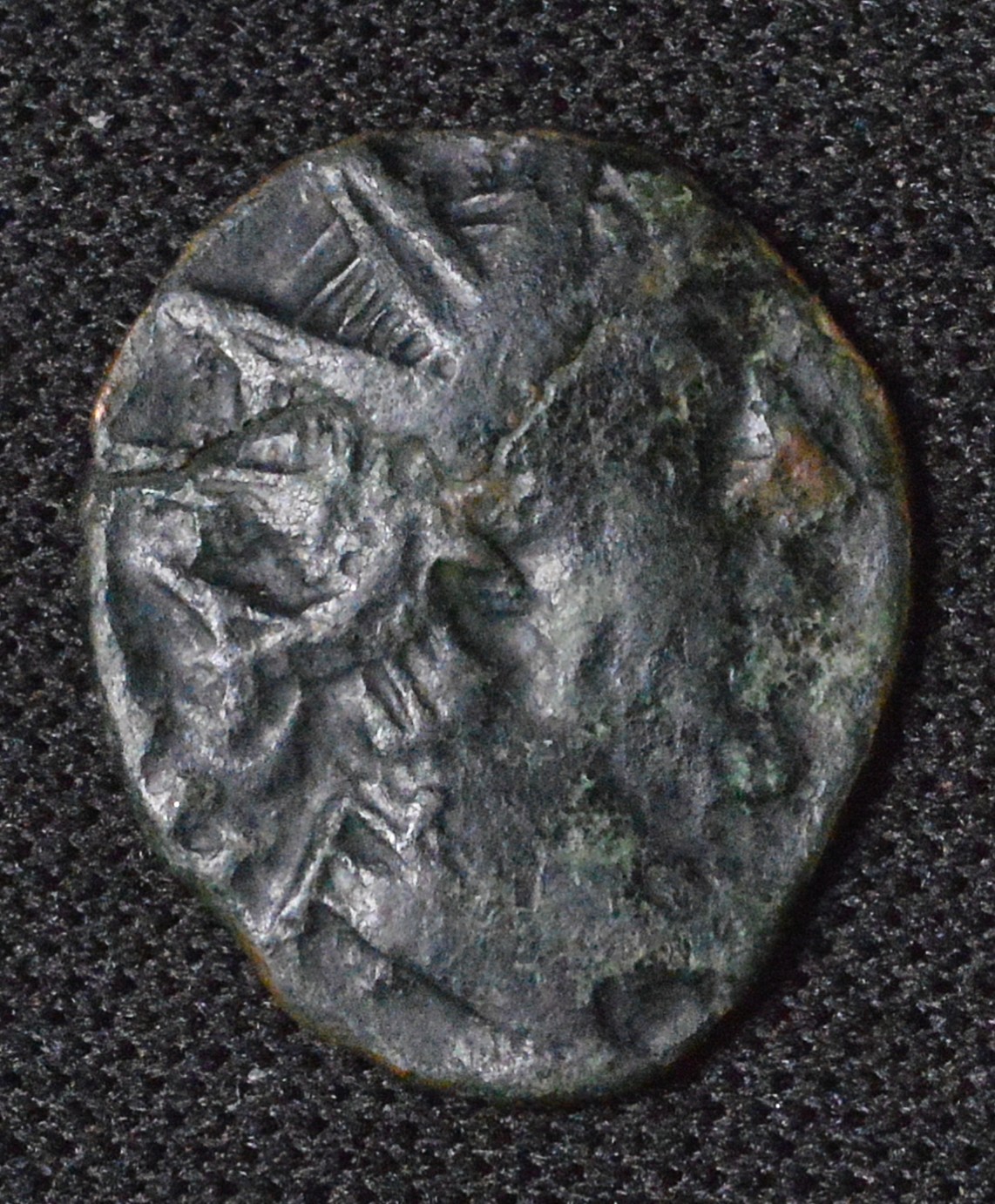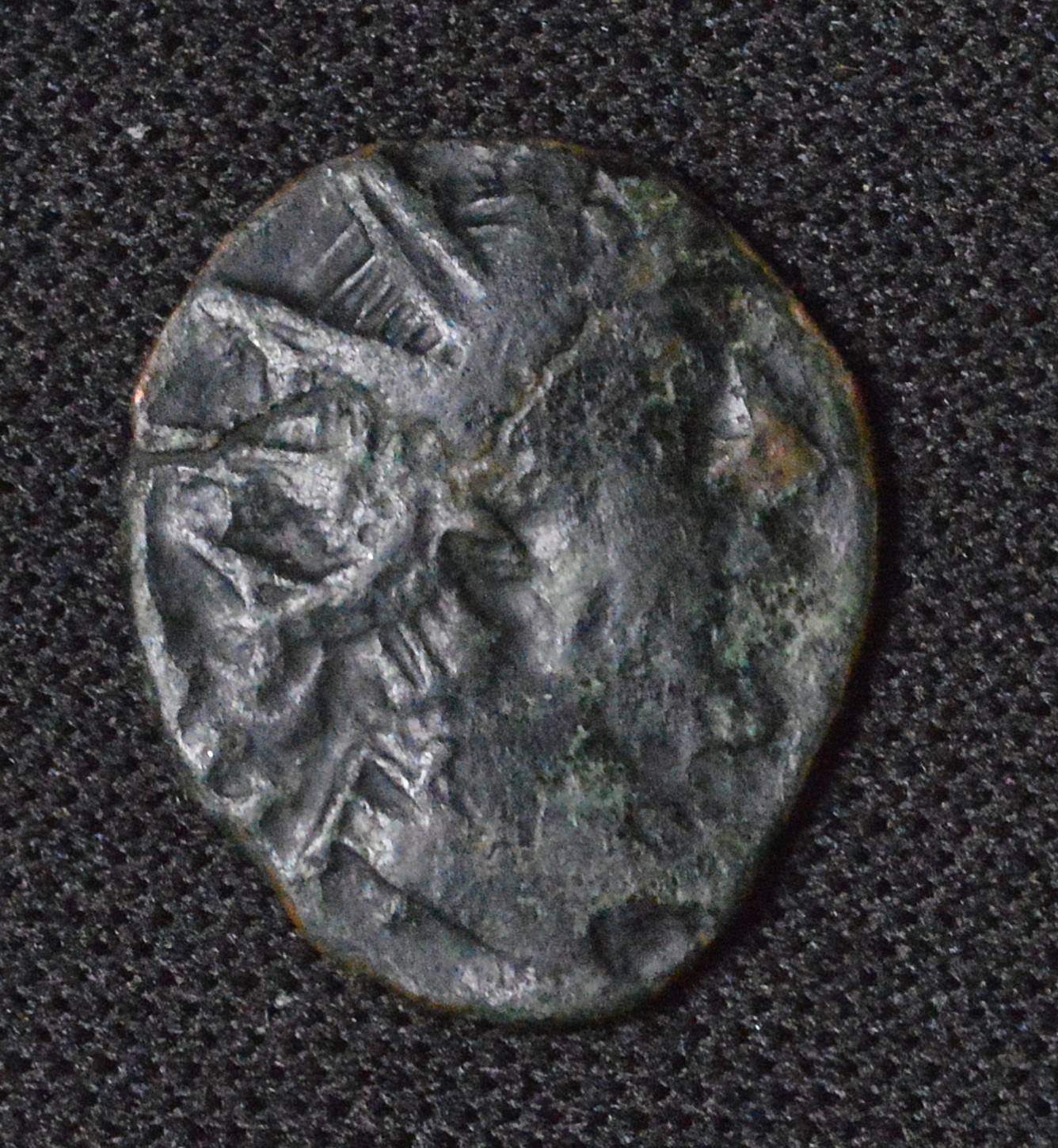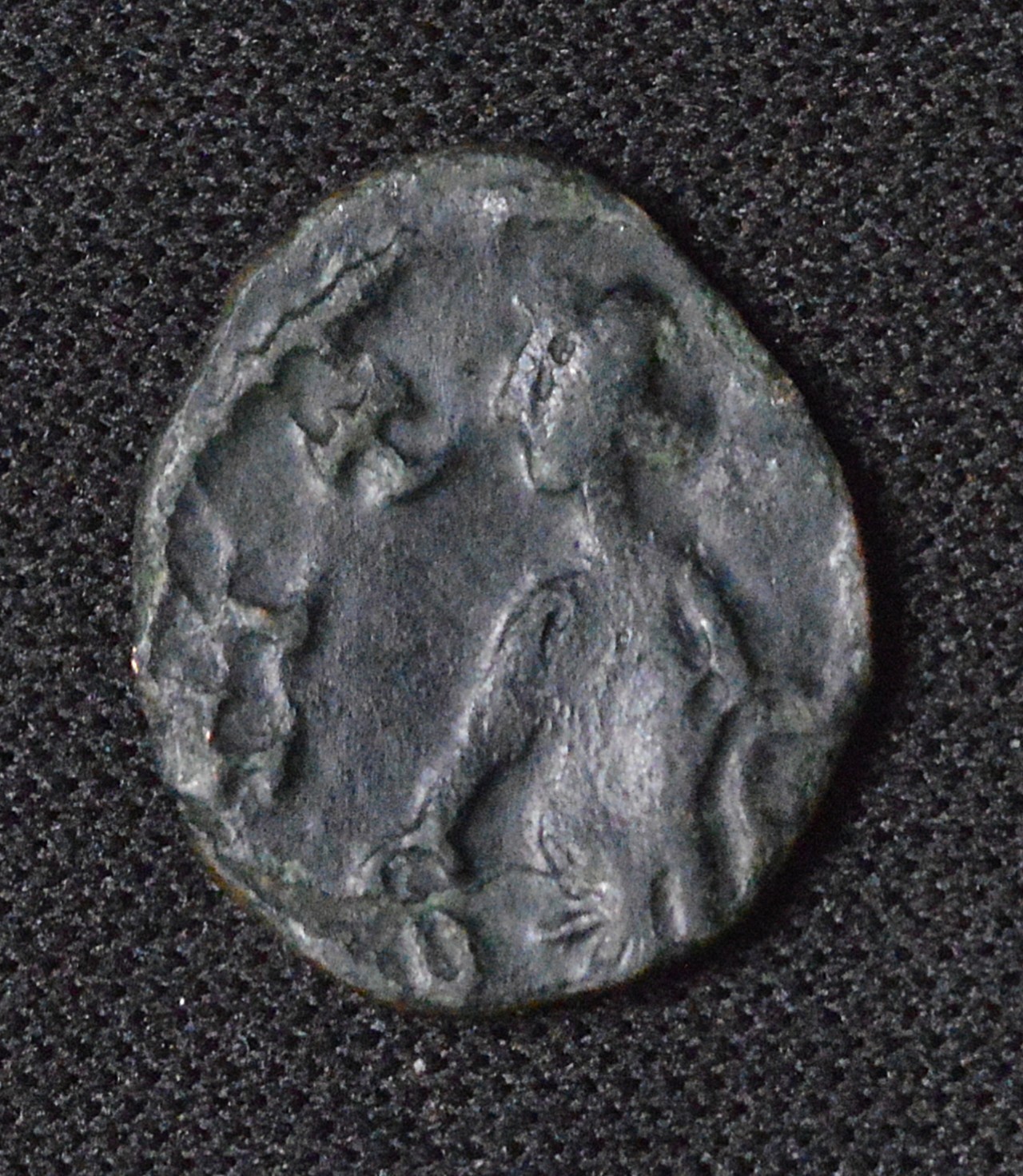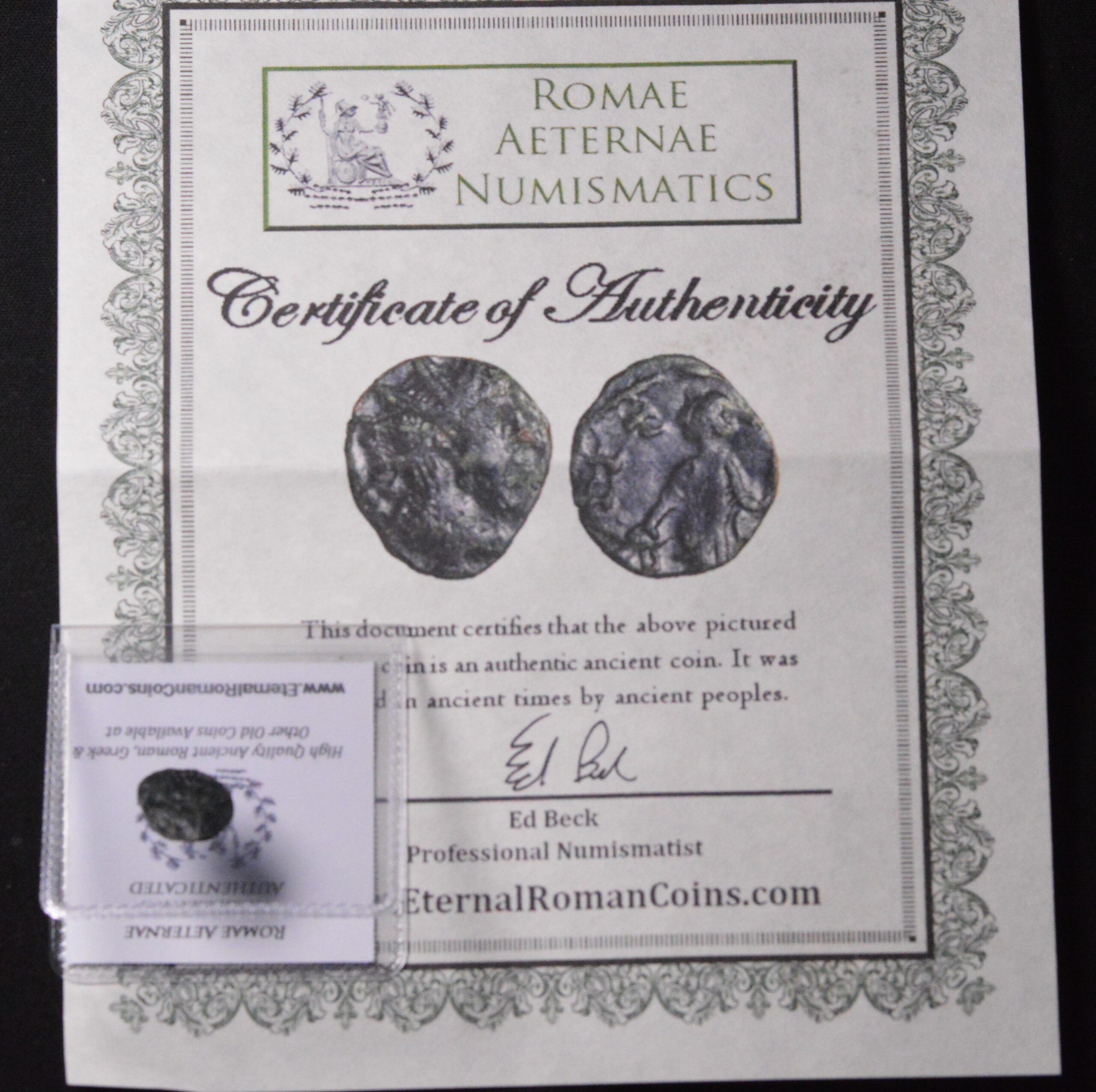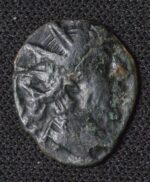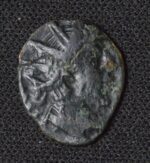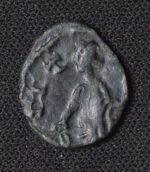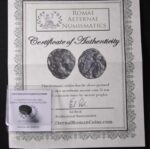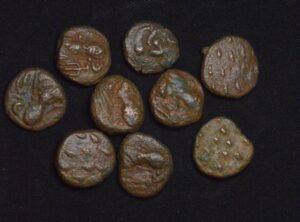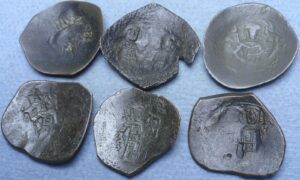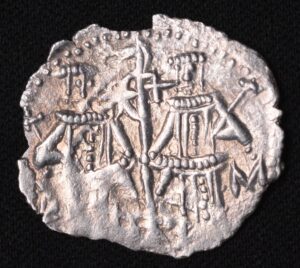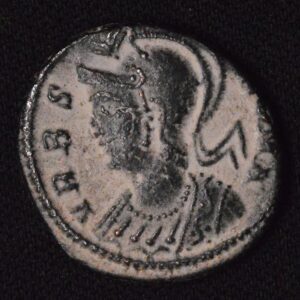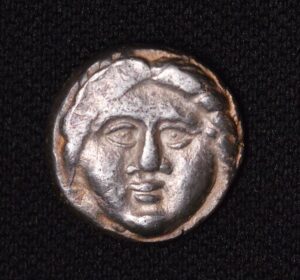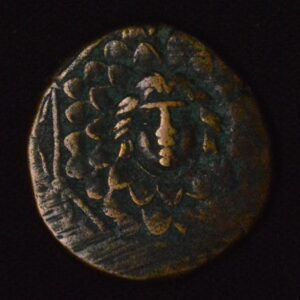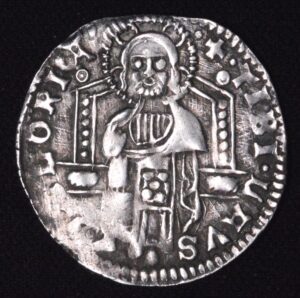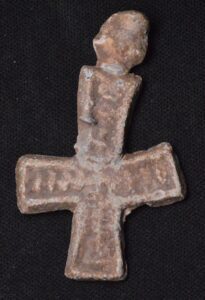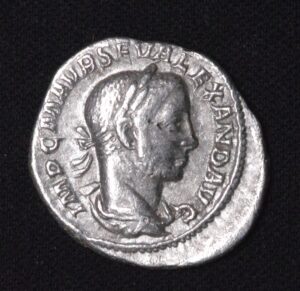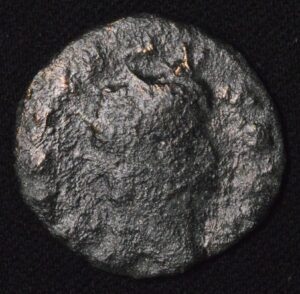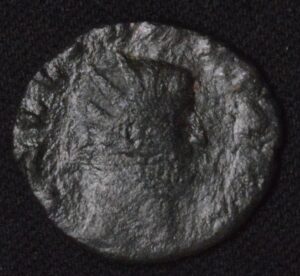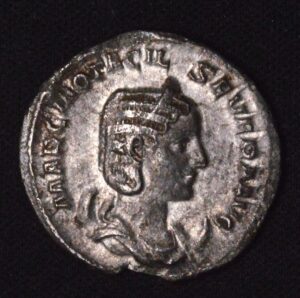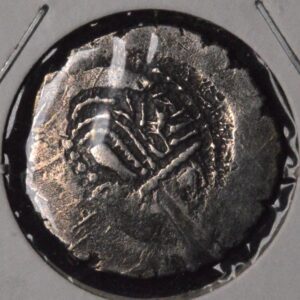Description
A Roman coin featuring a usurper in Gaul is a fascinating numismatic piece tied to a turbulent period in Roman history when regional leaders challenged imperial authority. Such coins are often issued by these rival claimants—commonly called usurpers—who sought power during the Crisis of the Third Century (circa AD 235–284). These coins circulated primarily in the western provinces like Gaul and are significant both historically and to collectors for their rarity and connection to a fragmented Roman Empire.
The “barbarous radiate” type of coin typically imitates official imperial issues but was often crudely struck and produced locally, especially in frontier regions like Gaul. These coins served as coinage for usurpers who were not recognized by Rome, bearing iconography and titles that sometimes suggested regional imperial ambitions. The barbarous style, while informally minted, was essential for local economies and political propaganda, reflecting the complex power struggles of the era.
Having a Certificate of Authenticity (COA) is crucial for such coins, ensuring that the piece is genuine and graded by a knowledgeable authority. Being certified by Ed Beck, a reputable expert and friend of the owner, adds considerable trustworthiness and provenance to this coin. Ed Beck’s expertise in Roman numismatics helps guarantee the coin’s authenticity and significance.
This coin represents an intriguing artifact of Roman and Gallic history, embodying a time when multiple figures vied for power amidst empire-wide instability. The imagery and inscriptions often reveal whispers of their political messages—claims of legitimacy, divine favor, or appeals to local allegiance—offering a direct glimpse into the mindset and aspirations of these fleeting rulers.
Collecting such a Roman usurper coin with COA is not only about acquiring a piece of ancient currency but also owning a unique historical narrative. It’s a prized addition for anyone interested in Roman history, ancient numismatics, or the dramatic story of empire and rebellion in Gaul.
A Roman coin featuring a usurper in Gaul is a fascinating numismatic piece tied to a turbulent period in Roman history when regional leaders challenged imperial authority. Such coins are often issued by these rival claimants—commonly called usurpers—who sought power during the Crisis of the Third Century (circa AD 235–284). These coins circulated primarily in the western provinces like Gaul and are significant both historically and to collectors for their rarity and connection to a fragmented Roman Empire.
The “barbarous radiate” type of coin typically imitates official imperial issues but was often crudely struck and produced locally, especially in frontier regions like Gaul. These coins served as coinage for usurpers who were not recognized by Rome, bearing iconography and titles that sometimes suggested regional imperial ambitions. The barbarous style, while informally minted, was essential for local economies and political propaganda, reflecting the complex power struggles of the era.
Having a Certificate of Authenticity (COA) is crucial for such coins, ensuring that the piece is genuine and graded by a knowledgeable authority. Being certified by Ed Beck, a reputable expert and friend of the owner, adds considerable trustworthiness and provenance to this coin. Ed Beck’s expertise in Roman numismatics helps guarantee the coin’s authenticity and significance.
This coin represents an intriguing artifact of Roman and Gallic history, embodying a time when multiple figures vied for power amidst empire-wide instability. The imagery and inscriptions often reveal whispers of their political messages—claims of legitimacy, divine favor, or appeals to local allegiance—offering a direct glimpse into the mindset and aspirations of these fleeting rulers.
Collecting such a Roman usurper coin with COA is not only about acquiring a piece of ancient currency but also owning a unique historical narrative. It’s a prized addition for anyone interested in Roman history, ancient numismatics, or the dramatic story of empire and rebellion in Gaul.
CUSTOMER FEEDBACK




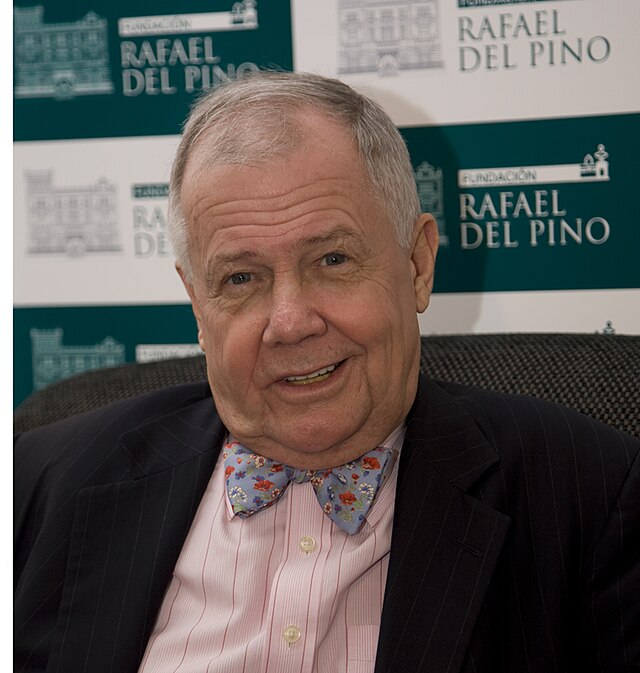



Related Products & Newly Released!
-
$30.00
-
$300.00
-
$110.00
-
$69.00




SHIPPING POLICY
Your order is shipped from the United States with USPS tracking within one business day.
14 Day Return Policy
You can return your item back within
14 days of the purchase

Secure payments
Your payments are 100% secure and are processed through Square or PayPal on a protected security network.
SHIPPING POLICY
FREE International and Domestic (United States) shipping. Your order is shipped with USPS tracking 24 hours after you order.
14 Day Return Policy
You can return your item back within
14 days of the purchase

Secure payments
Your payments are 100% secure and are processed through Square or PayPal on a protected security network.
RESOURCES
support
Get Fresh Articles!
Sign up now to receive our articles for the latest insights and promotions!
RESOURCES
support
Get Fresh Articles!
Signup our newsletter to get update insight or promotions.

